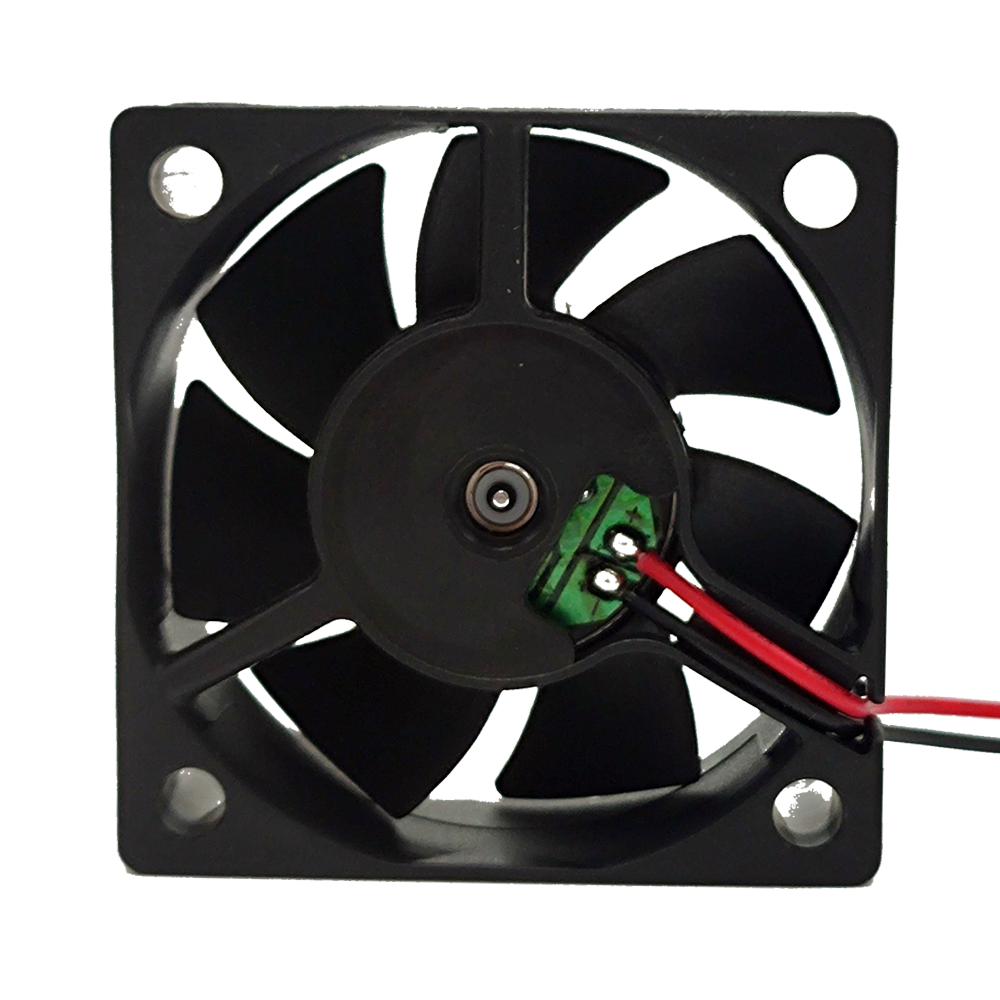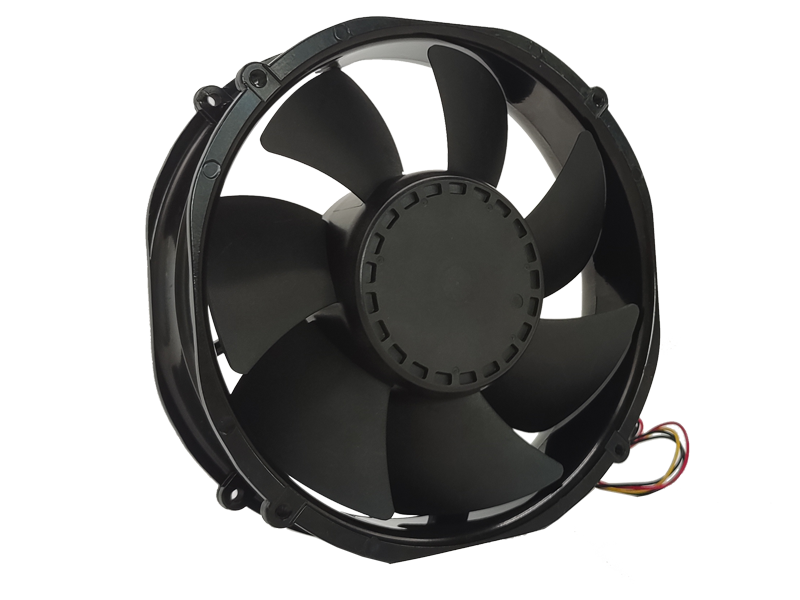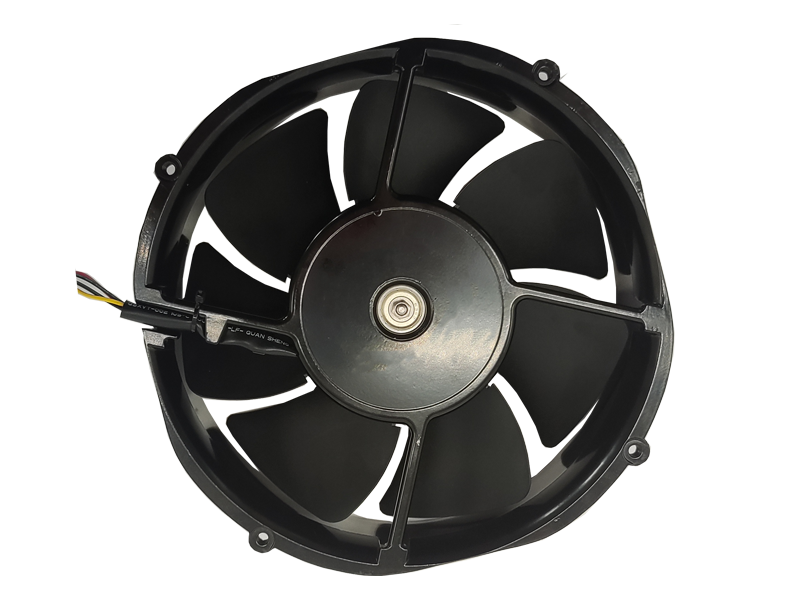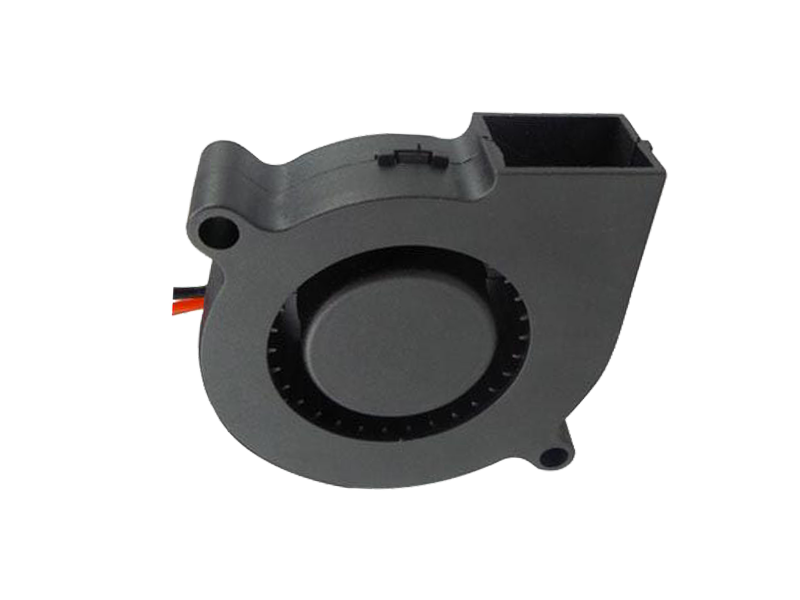Industrial fans are integral to a wide range of applications across various sectors, from manufacturing and automotive to agriculture and energy production. These devices are vital for maintaining airflow, cooling machinery, and regulating environmental conditions, thereby ensuring optimal performance and product reliability. This article examines the significance of industrial fans in enhancing product reliability and operational efficiency from a product-focused perspective, highlighting the critical factors businesses should consider when selecting fans for their industrial applications.
How Industrial Fans Contribute to Product Reliability
Industrial fans are more than just cooling devices; they are essential for enhancing product reliability by ensuring that operating conditions are optimal for both machinery and products. Their ability to regulate temperature, manage humidity, and ensure clean airflow has a direct impact on the durability and quality of the products being produced.
Regulating Temperature and Preventing Overheating In many industrial applications, machines, engines, and other components can generate significant heat during operation. Overheating can damage equipment and lead to costly downtime or product defects. Industrial fans help regulate temperature by promoting airflow and facilitating heat dissipation, ensuring that machines operate within their optimal temperature ranges.
For instance, in the automotive industry, engine components require efficient cooling to function properly. Without sufficient cooling, engine parts can overheat, leading to premature failure. Industrial fans designed for this purpose help prevent such issues by circulating air and preventing the buildup of excess heat.
Maintaining Environmental Conditions for Product Quality In industries like pharmaceuticals, food processing, and electronics manufacturing, maintaining precise environmental conditions is critical for product quality. Industrial fans can help control temperature, humidity, and airflow in these sensitive environments, ensuring that products are manufactured within specifications. For example, in pharmaceutical production, maintaining a controlled environment helps prevent contamination and ensures that products meet regulatory standards.
Similarly, in the food industry, industrial fans are crucial for maintaining the freshness and quality of products by ensuring that the processing environment remains free from excess moisture or harmful contaminants.
Increasing Equipment Lifespan The prolonged exposure of equipment to excessive heat or improper airflow can cause wear and tear, reducing the lifespan of critical machinery. Industrial fans reduce the stress placed on machines by maintaining optimal operating conditions, which helps prevent overheating and wear. As a result, the lifespan of equipment increases, leading to reduced maintenance costs and fewer instances of product failure due to equipment malfunction.
Key Factors to Consider When Selecting Industrial Fans
When selecting industrial fans for specific applications, businesses must evaluate several critical factors to ensure that they are investing in the right product. Here are the key aspects to consider:
Fan Design and Airflow Requirements Different applications require different airflow capacities, depending on the size of the space or the cooling requirements of the machinery. Axial fans are ideal for large spaces requiring high airflow, while centrifugal fans are better suited for higher-pressure applications. Determining the right fan type based on airflow needs is essential to achieving optimal performance and efficiency.
Energy Efficiency Energy consumption is one of the largest ongoing costs associated with industrial fans. Fans that operate inefficiently consume more electricity, leading to higher operational costs. Energy-efficient fans, on the other hand, reduce power consumption and contribute to cost savings over time. Businesses should select fans that are rated for high efficiency and are equipped with energy-saving features such as variable speed drives and low-energy motors.
Noise Reduction Noise levels generated by industrial fans can be a significant concern, especially in environments where employees are exposed to high levels of sound. Selecting fans with noise-reducing features, such as insulated casings and quieter motors, is essential for creating a safer and more comfortable work environment. This can also help businesses comply with occupational health and safety regulations related to noise exposure.
Durability and Material Selection The harsh conditions of many industrial environments demand that fans be built with durable materials. Fans exposed to extreme temperatures, humidity, or corrosive environments must be designed to withstand these conditions. Materials such as stainless steel or corrosion-resistant coatings ensure that industrial fans can operate effectively and reliably for extended periods.

Future Trends in Industrial Fan Technology
As industries continue to evolve, so too does the technology behind industrial fans. Here are a few trends that are shaping the future of fan technology:
Smart Fan Systems The rise of the Internet of Things (IoT) has led to the development of smart industrial fans that can be monitored and controlled remotely. These fans are equipped with sensors that provide real-time data on temperature, airflow, and fan performance. This information can be used to make adjustments in real-time, ensuring that fans operate efficiently and prevent potential failures.
Sustainability and Eco-Friendly Designs With increasing emphasis on sustainability, industrial fans are being designed to be more energy-efficient and eco-friendly. New fan technologies focus on reducing power consumption and minimizing environmental impact. Innovations in materials, such as recyclable plastics and low-energy motors, contribute to the eco-friendly nature of modern industrial fans.
Conclusion
Industrial fans play an essential role in ensuring product reliability and operational efficiency across various industries. By improving temperature regulation, maintaining air quality, and enhancing machinery performance, these devices contribute directly to product quality, equipment longevity, and overall business success. As technology continues to evolve, businesses must stay abreast of advancements in fan design to ensure that they are choosing products that meet both current and future operational demands.
Recommended Products

The main purpose:Car charging station

The main purpose:Car charging station

The main purpose:Electronic refrigerators, water dispensers, direct drinking machines, inverter power supplies
Address:No. 4137, Longgang Avenue (Henggang Section), Henggang Community, Henggang Street, Longgang District, Shenzhen
hotline:13530005572(Chen)15112579390(Li)


Welcome all friends to come for consultation and negotiation.
Copyright 2024 @ Shenzhen Youneng Xinyuan Electronics Co., Ltd.,(industrial fans,industrial blowers,axial fans,cooling fans manufacturer,centrifugal fans,ac cooling fans,dc cooling fans)